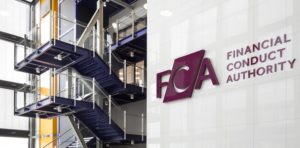The Revenue said by improving customer services it will make it harder for the “dishonest minority” to cheat the system, adding that the changes had already resulted in more than 80% of people filing their self-assessment tax returns online.
But with 137 office closures planned by 2027, accountancy and consulting firm RSM said there was a risk that cost-cutting measures would lead to a fall in service standards.
The regional centres will contain a mix of operational, tax professional and corporate services and will range in size from 1,200 to 1,700 full-time equivalent employees at one end of the scale to 5,700 to 6,300 at the other.
Slipping standards
RSM UK head of tax Jim Meakin said: “Is this change designed to provide a better service to HMRC’s customers or simply save costs?
“If it is the former then it is to be welcomed. If it is the latter then there is a risk service standards will slip which will not be good news for anyone who has to contact HMRC when it comes to agreeing tax codes or liabilities.
“The prospect of waiting even longer for HMRC to answer the phone will be of most concern. If however the move to a hub will help guarantee swifter response times and even perhaps someone who will answer the telephone when it rings and who is trained to deal with my query, then the location of the HMRC hub becomes somewhat irrelevant in this digital age.”
By 2027
HMRC said it would close 137 offices by 2027, citing lease breaks or the 2021 conclusion of its private finance initiative with commercial property managers Mapeley. It said staff have been informed of the potential outcome for individual office closures and job cuts.
The four specialist sites in Telford, Worthing, Dover, and at the Scottish Crime Campus in Gartcosh will remain, where the Revenue needs to work closely with its IT suppliers or other government agencies.




